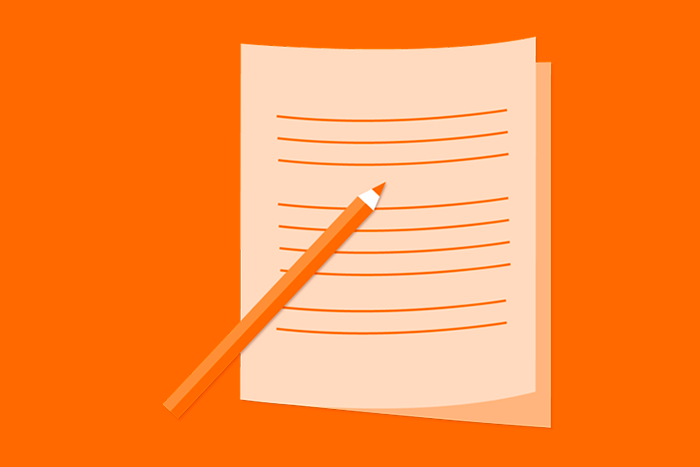

Viewpoints
Viewpoints is a blog in which different writers express their views and opinions on current topics. A new blog post is published about once every four weeks.
You can propose texts by e-mail to viestinta@kesko.fi. The maximum text length is 2,000 characters.
Clean water is the foundation for health
Access to clean water is something that Finns take for granted, but nearly 900 million people in the world lack such access. Last year, the General Assembly of the United Nations finally reached a historic decision by which clean water and sanitation were declared human rights. Clean water, toilets and sewer networks are essential for good health.
Dirty water kills more people than wars. Each year 1.5 million children under five years old die from diarrhoea as a result of a lack of clean water and sanitation. The economic costs caused by dirty water are substantial. The lack of clean water increases social inequality and hinders poverty reduction. Ultimately, water – or the lack of it – leads to conflicts between people.
In many countries, fresh groundwater is used faster than it is replenished. No-one can afford to waste water. It is estimated that 15 years from now, as many as 1.8 billion people could be living in regions with a distinct water shortage, and two thirds of the world’s population could be living in conditions in which demand for water exceeds supply.
Although industry and agriculture consume by far the most water, people also waste a lot of water in their homes. Finns use an average of 160 litres of water per day, while in developing countries the normal daily consumption is just a few litres. Taking a shower uses more water than a typical person in a developing country uses in a whole day.
There would be enough clean water for everybody. The solution is to use it sparingly and to improve its distribution to the world’s poorest communities. By using water sparingly in western countries, energy consumption and environmental impacts can be reduced substantially. Other environmental actions such as recycling and reducing the use of packaging materials also conserve clean water through reduced pollution. Finnish companies could demonstrate their sense of social responsibility in countries where they have commercial or industrial operations by ensuring that these operations include the securing of clean water and that they take other environmental impacts into account.
Within the United Nations family of organisations, UNICEF is responsible for informing people of the importance of clean water, improving the availability of clean water and distributing water in disasters and crises. The aim is to make clean water available to all the children of the world. If the value of clean water is understood in both rich and poor countries, there can be enough water for future generations as well.
The author was Executive Director of UNICEF Finland from 1998 to the end of January 2011.